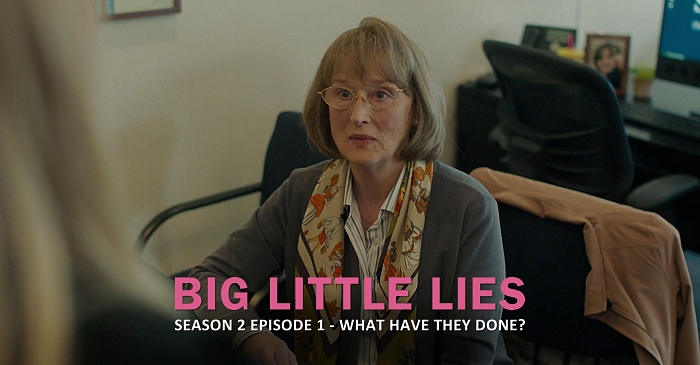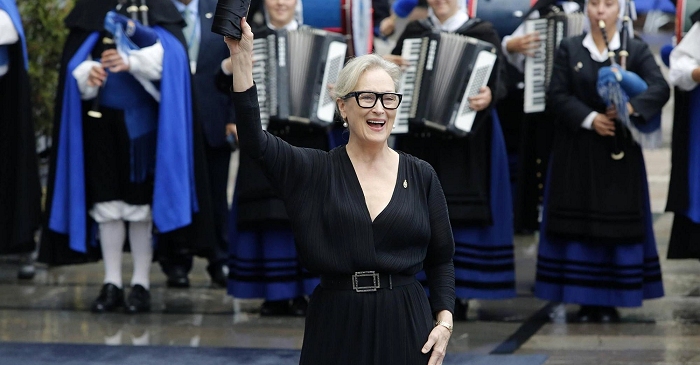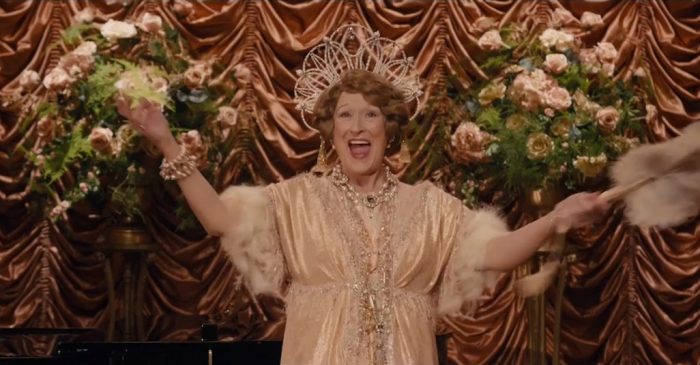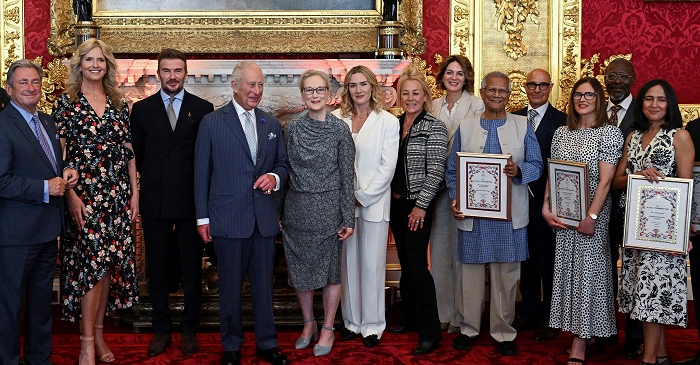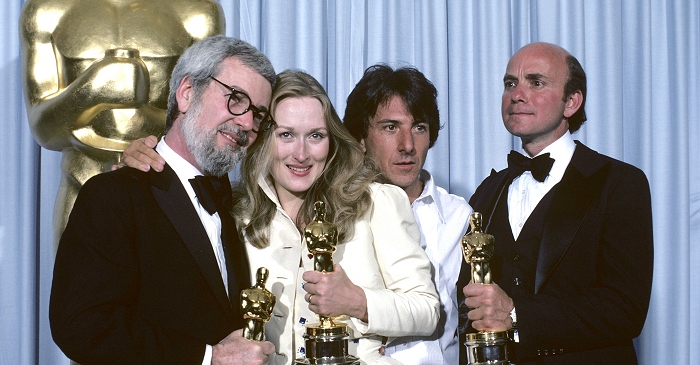|
Simply Streep is your premiere online resource on Meryl Streep's work on film, television and in the theatre - a career that has won her acclaim to be one of the world's greatest living actresses. Created in 1999, Simply Streep has built an extensive collection over the past 25 years to discover Miss Streep's body of work through thousands of photographs, articles and video clips. Enjoy your stay and check back soon.
|

Alan J. Pakula, who died in 1998 at the age of 70 in an auto accident, was a most unusual filmmaker. Though his peers, including Stanley Kubrick, Martin Scorsese, Steven Spielberg, Roman Polanski, George Lucas and William Friedkin, were as well-known as the stars of their films, Pakula stayed out of the limelight and let his films speak for themselves. And what films – some of the most memorable titles of the last half century. The AFI Fest in Hollywood is paying tribute to Pakula with free screenings of “Sterile Cuckoo,” “Klute” and “Sophie’s Choice” and a free screening Sunday evening of Matthew Miele’s thoughtful new documentary, “Alan Pakula: Going for Truth.” That film features insightful and often emotional interviews with Robert Redford, Harrison Ford, Meryl Streep, Jane Fonda and Dustin Hoffman, co-workers and family and numerous clips. Streep, Hoffman and Ford recently talked to The Los Angeles Times about what made Pakula such a powerful filmmaker and person. The quotes have been edited for clarity and brevity. You can watch the trailer for “Alan Pakula: Going for Truth” on Youtube. Many thanks to Glenn for the heads-up.
I think he really laid a map of integrity for artists, and that, more than anything, is his legacy for me. He was such a moral filmmaker. It’s like an old-fashioned idea, but he was. He was a moral man and he had a backbone. He loved women and respected them. So I mean it was that thing where you feel listened to instead of tolerated. It’s a really a great, great quality. All the best male directors have it. All the best female directors have it naturally.
Continued quote: Our so-called rehearsal schedule — I think it was about three weeks that we never got off our [butts]. We just sat at the table and picked apart the text, almost like, rabbinical exegesis of texts inquiring into motivations. It was all very neck up. He was really asking a million questions. That was really unusual. I don’t think I’ve ever had that experience before or after. But then once we start shooting, that’s when we started rehearsing. He would come in early in the morning. We’d get all ready and then he’d shut down the set and send everybody away until lunch. And we rehearsed. And then we came back after lunch and we shot the whole movie in the afternoons. I was home in time to cook dinner for my husband and baby. It felt so natural. I felt so free. Believe me, most of the time I’d come home [from filming], and I’m complaining about something. But in this case, I came home and said, “I feel like I can’t make a mistake, make a wrong move.” He wasn’t someone who drew all the limelight to himself. It was all about the work. He was so proud of what he did. It wasn’t for his own self-aggrandizement that he was in it. His ego was subsumed to the work. It was such a pleasure to work with him.


